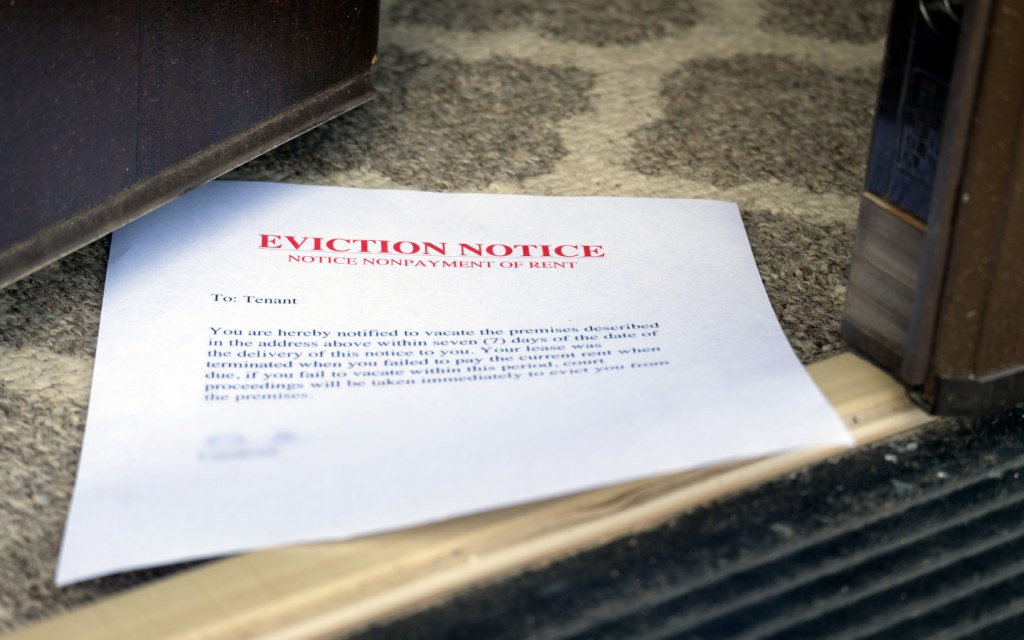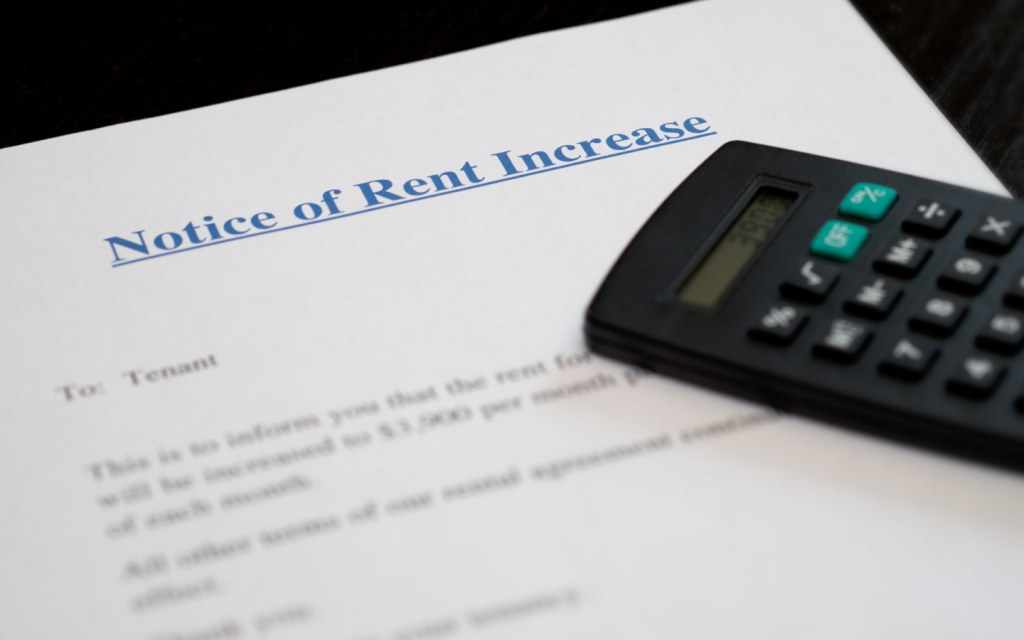Home » Laws & Taxes » Some Frequently Asked Questions About Landlord-Tenant Law in Pakistan
Renting a property in Pakistan can become a whole bunch of hassles if proper attention is not paid to the regulations during the process. A good starting point for potential tenants is to take some time and invest it in understanding the landlord-tenant law in Pakistan. Doing so is critical because as much as it is challenging to find a reasonable property that meets all your requirements, the good fortune of finding a friendly landlord who isn’t intrusive, and charges of an affordable rent can go into the drain within seconds if the agreement is not appropriately recorded in black and white.
So, to help all the existing and potential tenants/landlords, here’s everything you should know and the many FAQs about the landlord-tenant law in Pakistan.
We had previously discussed some key factors of the tenancy agreement, and we realised the fact that the need for a simple guide on tenancy agreements in Pakistan is unavoidable. So, if you’ve not legalised your rental matters yet, you can take some help from our research.
Here’s All You Need to Know About the Landlord-Tenant Law in Pakistan
As a general rule, landlords and tenants both have some legal rights and are both responsible accountable to the state’s government. Whether you are a homeowner or a rental property seeker, you have to abide by some terms and conditions. Here’re some questions and their answers to help you understand the necessities before renting a property in Pakistan:
Question: What is the Tenancy Agreement and how it is made?

As mentioned in landlord-tenant law in Pakistan, a tenancy agreement is a written contract between two parties (landlord and tenant), which enables one party to use another party’s property against a decided and agreed-upon cost. A tenancy agreement in Pakistan is also known as a rent agreement, and it has no prescribed format. The contents, terms and conditions, and other policies of the contract are entirely in the hands of the landlord and tenant, the only prerequisite being that they have to comply with the state’s law or policies. However, the contents that must be mentioned in the agreement include the amount of monthly rent, agreement expiration date, the due date for rent, mode of payment of rent, rent increment rate, and other conditions decided between both parties.
The law surrounding tenancy agreements in Pakistan also suggests that the landlord alone is accountable for the legal registration of the contract before the Rent Registrar. If a landlord fails to do so, their appeal for any dispute against the tenant will not be entertained until they deposit a fine (10% of the value of annual rent according to Punjab Rented Premises Act). The fine is payable to the government. On the other hand, if tenants want to file a lawsuit, they also have to deposit a fine (5% of the value of annual rent according to Punjab Rented Premises Act).
Question: What is the Rent Control Act?
The Rent Control Act is a synonym used for the set of laws for rent/tenancy lease, tenancy agreement, rental agreement, and rent contract in Pakistan.
Question: Who is liable to pay property taxes?

The law in Pakistan suggests that legal homeowners are obliged to pay any tax or charges that occur against the rented out piece of property. In some cases, however, the law allows tenants to pay the charges, but then they are entitled to ask for a reimbursement.
Question: When does a landlord have the right to evict a tenant?

According to the landlord-tenant law in Pakistan, a landlord has the right to terminate a tenancy agreement if the renter significantly violates the terms and conditions, as mentioned in the lease agreement. The general conditions when a tenant breaches the property law can be:
- Tenants are paying the rent latter than the decided date
- Keeping pets when the agreement specifically disallows it
- Carrying out undesired or illegal activities on the landlord’s property
- Substantial property damage except for the cases where a property is damaged by natural catastrophes or any other by-default damage which doesn’t have anything to do with the tenant
However, landlords are advised to first send a notice that states the reason for the eviction and a reasonable timeframe (eviction time frame can also be a part of the tenancy agreement). The intensity of violation can be different in nature – landlords have the right to decide in such cases. That being said, homeowners can also warn the tenants verbally and give them relief for a few days to recover the damage, find another home for the pet, or to pay the rent.
Question: Who decides the rent?
As mentioned earlier, the Rent Control Act in Pakistan suggests that a tenancy agreement is a mutual contract between the landlord and the tenant. However, there are a few factors in play while deciding a fair amount as monthly rent, for which you can take help from the following determinants:
- The rental trends of the same building and other houses in the neighbourhood can be used as a reference. At this point, we suggest you visit Zameen Area Guides for the reference of rental brackets in your locality.
- The rental value of an area/building as determined in the Property Tax Assessment Register of the Taxation Department.
- The monthly rent can also be decided according to the property’s condition and nearby amenities.
Question: What is the rent increment policy in Pakistan?

Based entirely upon justice and fair play, the landlord-tenant law in Pakistan has no soft corner for any party. There’s a different set of policies for renting properties in any of the provinces and the federal capital. However, renting out a property in the cantonment areas in Pakistan requires landlords/tenants to go through an entirely different set of procedures.
According to the Rent Control Act in cantonment areas, and the rent increment policy in provinces such as Punjab, KPK, and Balochistan, landlords can increase as much as 25% of the current payable rent. The rent increment policy also suggests that the rent should be increased after the expiration of the current agreement, which is generally 12 months.
However, the rent increment policy in Sindh is different than the rest of the provinces. The policy says there shouldn’t be any increment for three years if a fair value for rent has been fixed in the contract. The landlord can only increase 10% of the existing rent charges and not more than that.
Question: Who is responsible for property maintenance?
As per the landlord-tenant law in Pakistan, the charges of property maintenance are not entirely the landlord’s responsibility. It follows a simple rule of common sense, so the maintenance and repairs are divided into two parts – interiors and exteriors. For instance, if the property goes under natural damage, leakage, or seepage – the landlord will pay for the maintenance. However, damages done by the tenants are recovered by themselves, including interior paint and any other damages.
Question: Can a tenant rent out the property to someone else?

The act of renting property to someone else without the consent of the landlord is known as subletting. A tenant doesn’t have any right to re-transfer the rental agreement or the rented premises to any other person without the consent of the landlord. Even if the landlord nods to it, the matters should be legalised as the court doesn’t entertain verbal agreements under any circumstances.
Send us your property-related queries at blogzameen.com. Subscribe to Zameen Blog if you like seeing more of such content. Like us on Facebook, too, while you are at it!
Disclaimer: The main purpose of questions and answers shared above is to provide a brief overview of the landlord-tenant law in Pakistan as a piece of general information for the people to know about the accountabilities and legal rights. The information is not a substitute for legal advice, and it cannot be applied to every case. We suggest you seek professional help in property matters and conduct detailed research to resolve any property dispute.
Answers are provided in compliance with Punjab Rented Premises Act, 2009. The law may vary from province to province.



